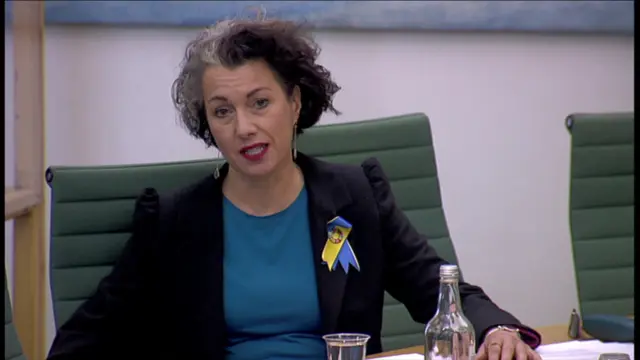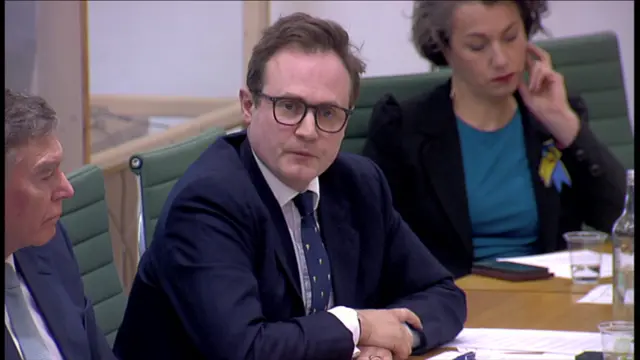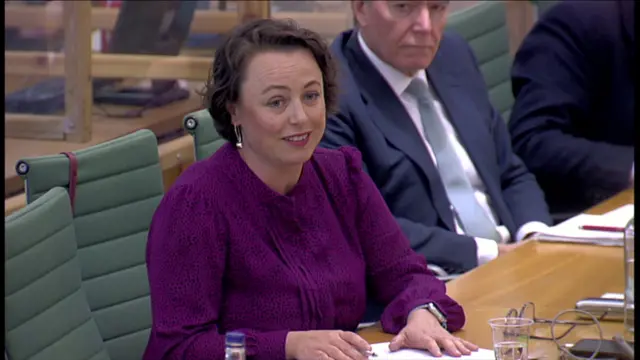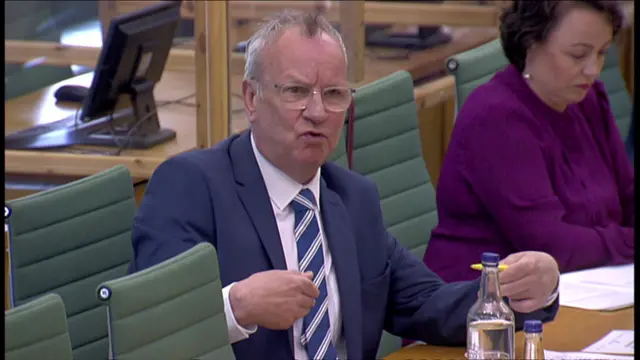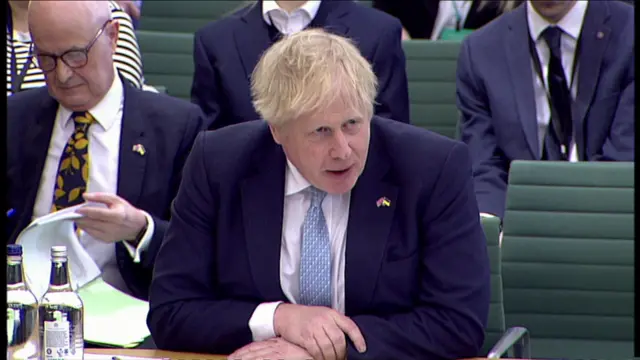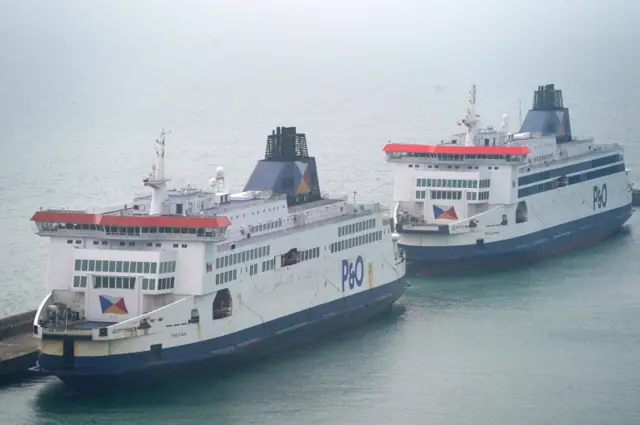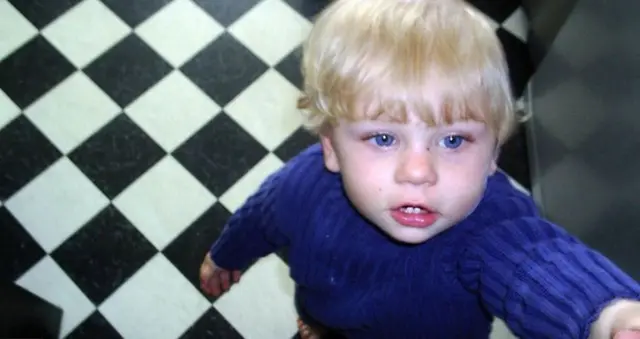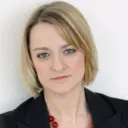UK has been frank over Russia throughout, says PMpublished at 15:42 BST 30 March 2022
Conservative Julian Knight says it is time to confront Vladimir Putin's "lying machine" by giving the Russian people more information on the "crimes being committed in their names".
Boris Johnson responds that the UK's whole approach has been to "be as frank as we can about what we know and demystify things", having, along with the US, alerted the world to the pending invasion earlier this year.
Knight asks if UK news organisations should coordinate a response to Putin. The PM says the BBC is getting more funding and there are "some signs" that information contrary to the Kremlin's is "getting through".


